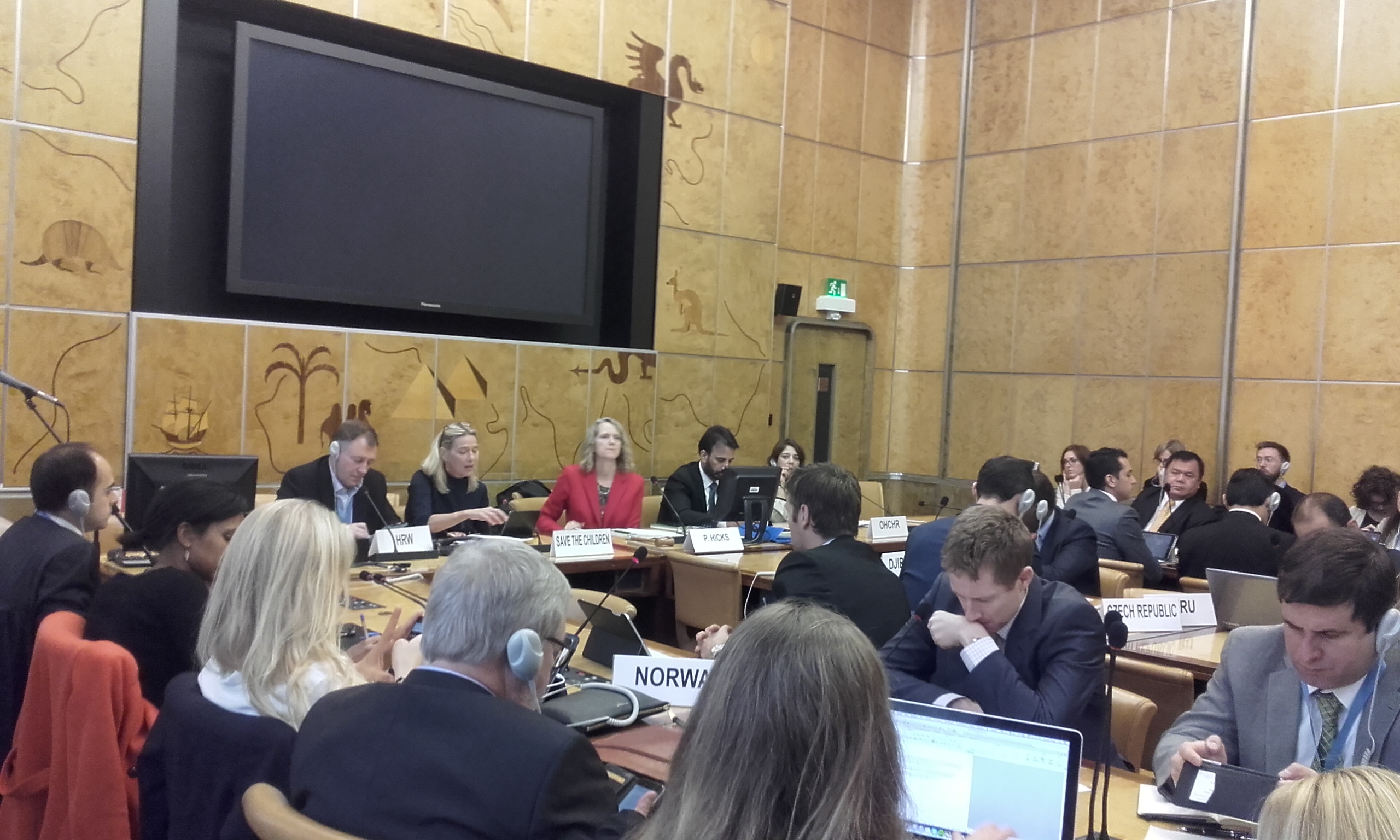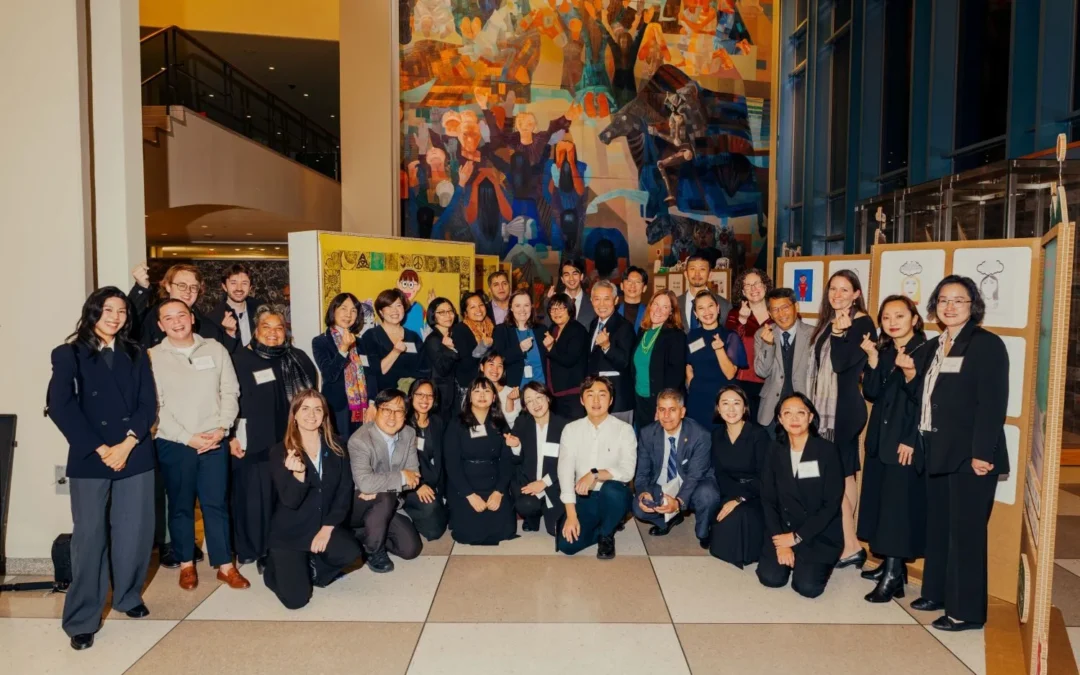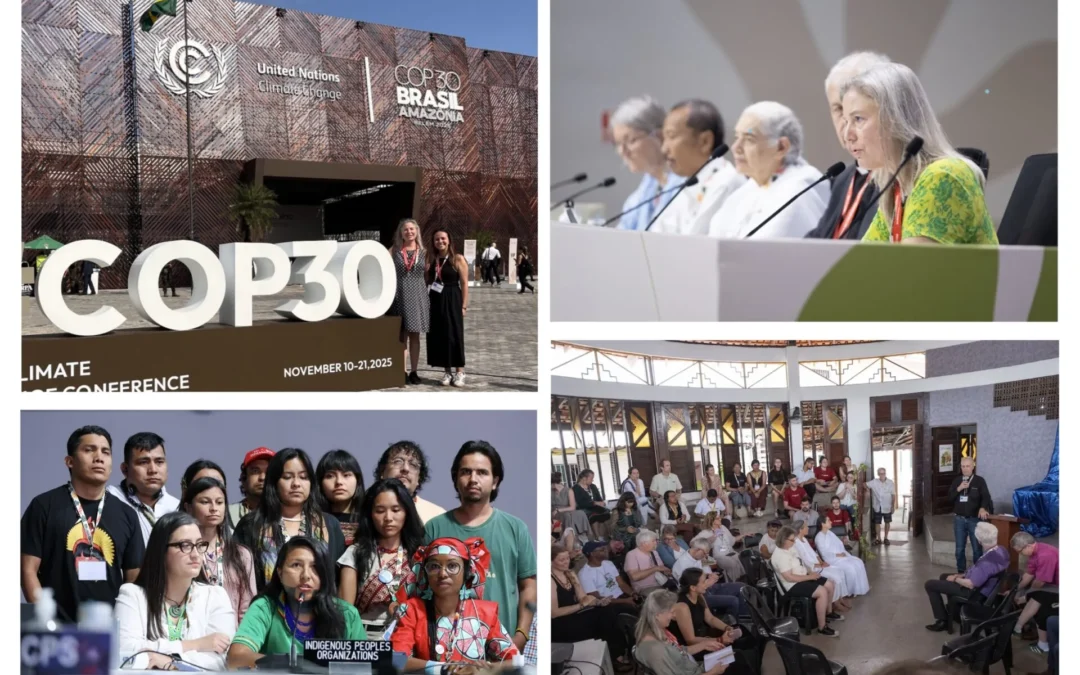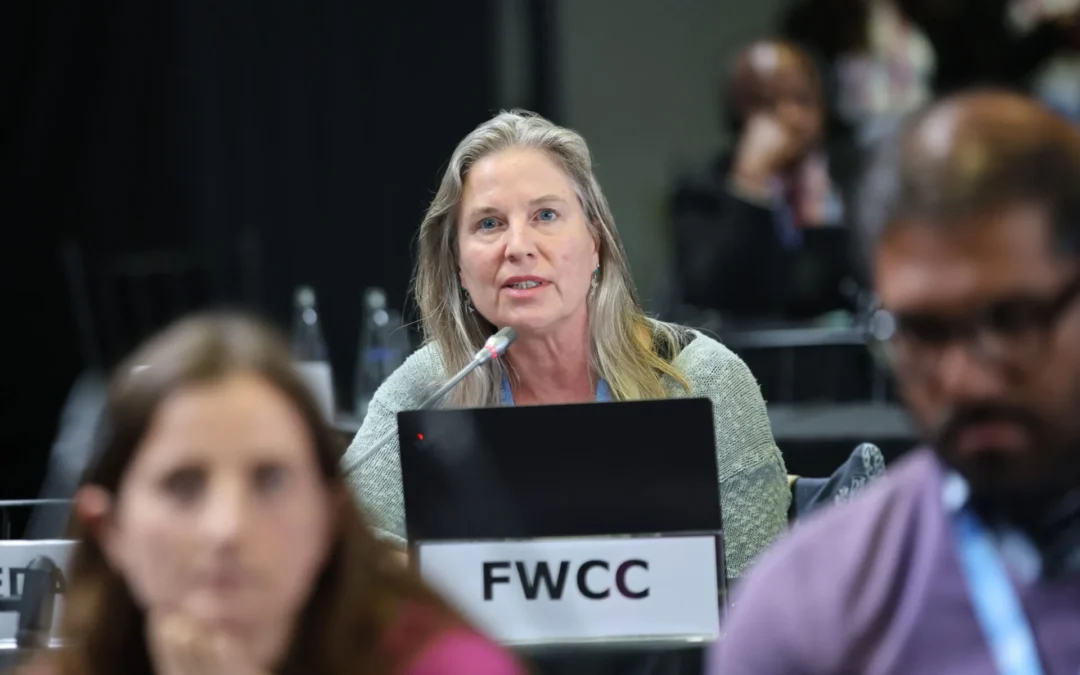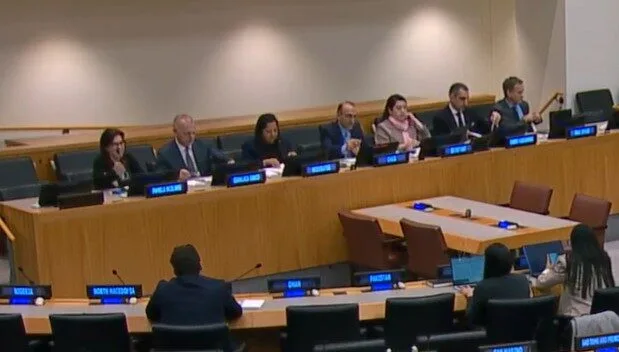At today’s briefing meeting by the UN Office of the High Commissioner for Human Rights, human rights were championed as vital elements in the new global agenda on refugees and migration.
Peggy Hicks, Director of the Thematic Engagement, Special Procedures and Right to Development Division at the Office of the UN High Commissioner for Human Rights, stated during the event, that this discussion must not be “of whether or not human rights apply – but a discussion of how human rights are to be upheld.”
The New York Declaration for Refugees and Migrants adopted in New York on 19th September sets in motion a series of processes at the UN level which aim to improve global governance of large movements of people across borders. The most significant processes will involve a UNHCR-led, practical framework for refugees (a Comprehensive Refugee Response Framework leading to a Global Compact on refugees) and a State-led process to improve migration governance (leading to a Global Compact on safe, orderly and regular migration).
QUNO sees this as an opportunity to develop a more rights-respecting global framework for protecting refugees and migrants. Whilst the New York Declaration includes a wealth of human rights language, our key concern now is making sure that in the processes that emerge, the attention given to human rights is more than just lip-service.
This is why QUNO is seeking to contribute to this discussion. In particular, we would like to see:
- The human rights of all people, regardless of circumstance, as a key message during the development of the Compacts and that this focus is grounded in existing international human rights law.
- The Human Rights Council and other human rights mechanisms and expertise are utilised effectively to make substantive contributions to the development of the Global Compacts and to ensure their implementation.
- Civil society, including migrants and refugees themselves, are given a central role throughout the processes.

